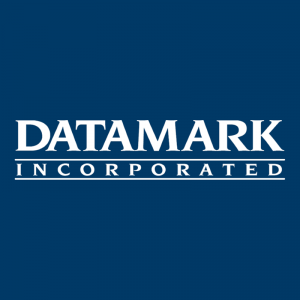DATAMARK Speaks Out About Common Outsourcing Myths in New Report

EL PASO, Texas, October 1, 2020 (Newswire.com) - Leading business process outsourcing (BPO) firm DATAMARK recently released “8 Common Outsourcing Myths You Probably Believe.” The piece, which takes aim at misconceptions surrounding the booming BPO industry, is live on DATAMARK.net now.
The new report is part of the DATAMARK Insights series, an online library of articles, videos, case studies, and other media forms that can be freely searched by the public. Designed with corporate leaders’ needs in mind, the series provides information on strategy and profitability areas. Emphasis is placed on industries like healthcare, finance, energy, transportation, retail and manufacturing, and other sectors that grapple with large-scale repetitive back-office tasks and often overwhelming regulatory compliance guidelines.
“8 Common Outsourcing Myths You Probably Believe” notes that the BPO industry is slated to reach $405.6 billion by 2027, yet laments that, despite its reach, outdated information and outright myths persist. Concerns related to job loss and forced off-shoring, for example, may keep organizations from exploring BPO despite the challenging economy and benefits.
“Particularly in difficult times like these, companies need to dig deep to find cost-saving solutions, but they’re also worried about sending jobs overseas or what their valued employees will do if their facility shuts down due to outsourcing,” explains DATAMARK Vice President of Client Solutions, Nina Brown. “They don’t always realize it’s not an all-or-nothing situation. We often help companies compassionately outsource and can even go so far as to maintain operations in their corporate headquarters and retain their staff as our own.”
Brown indicates that situations like this are a win-win for everyone. Companies benefit from things like more efficient processes, enhanced customer service, and reduced costs, plus the work can still be done by people who know the company and its standards.
“On-site outsourcing and other forms of on-shore outsourcing are a great solution for many, but they’re not the right fit for everyone,” Brown continues. “Sometimes, businesses really need overnight processing of documents, and off-shoring is ideal for that. Other times, it’s important for a company to gain functionality or improve service by adding bilingual contact center representatives. Near-shoring might be a better fit in those cases. It’s all about finding the right solution for a company’s needs and, with DATAMARK’s global footprint, we can do it all.”
Other areas covered by the report include loss of process control, no recourse if the BPO company fails to deliver, and increased privacy and security risks. Brown says these are all things that will be addressed by an experienced BPO partner like DATAMARK as part of the transformation process. Those interested in learning more about how BPO works or who have concerns about how it might fit into their overall business strategy are encouraged to visit DATAMARK.net for details.
CONTACT:
Chelsea Hill
915-242-6117
chelsea.hill@datamark.net
DATAMARK.net
Source: DATAMARK Inc.
